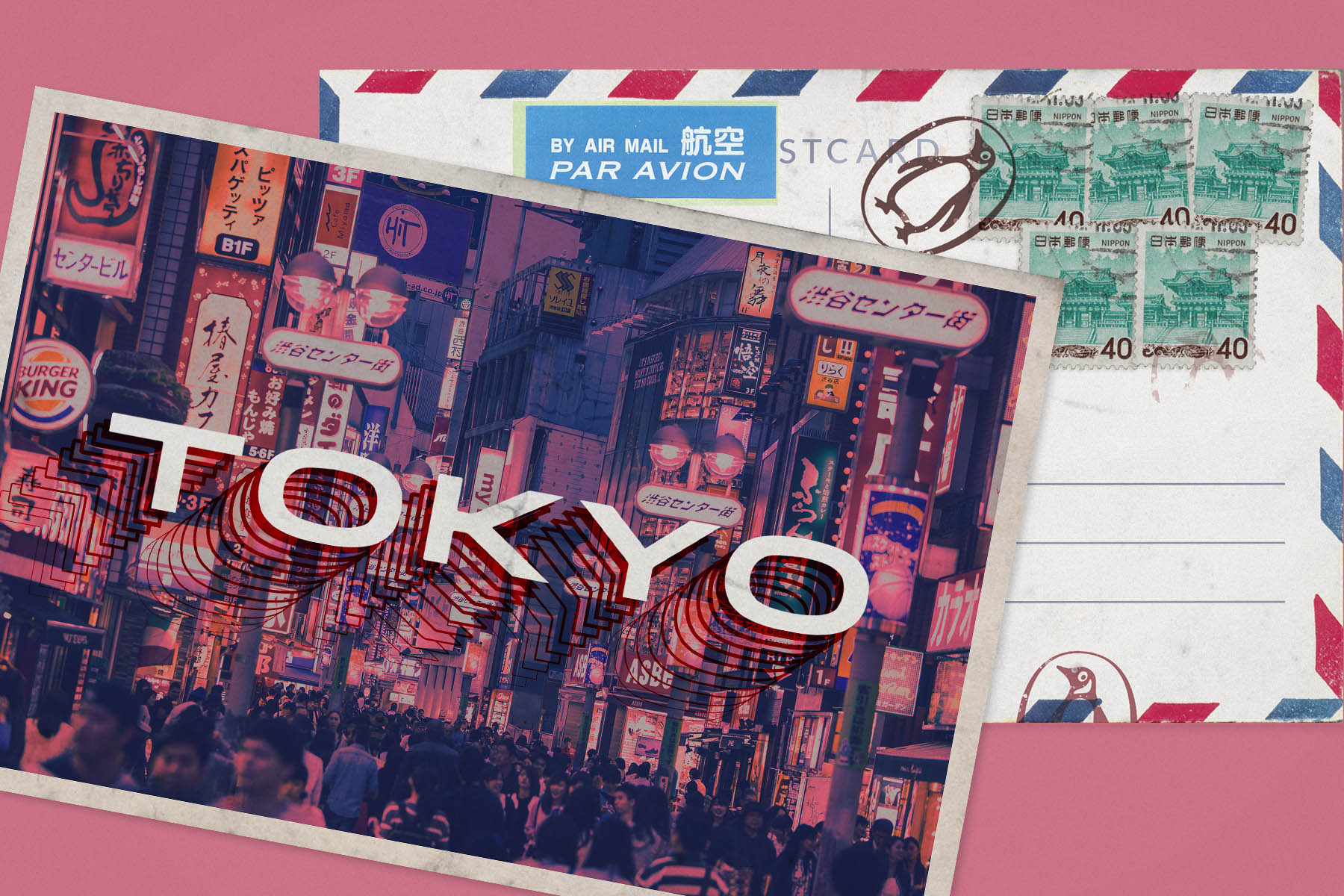- Home |
- Search Results |
- Book your holiday: Tokyo

Tokyo, more than most, is a city of villages; a slow-cooked casserole of parts and pieces, each with its own seasoning, smells and flavours. It is a city where cloud-kissing feats of architecture tower above tiny feudal shrines; ancient food markets bustle beneath vast neon hoardings; and labyrinthine gaming arcades border old-world pubs with flags instead of doors. In Tokyo, every street, alley, nook and cranny has its own story. And so does each inhabitant.
Which is exactly why so many writers, from home and abroad, have sought to evoke the city's unique atmosphere over the years – from its feudal history to the ravages of global war, its extraordinary post-war regeneration to the technological revolution that helped shape the modern world. Here is a selection of books that capture Tokyo in all its glory.
“Nobody starts off life in a hovel made of cardboard and tarps, and nobody becomes homeless because they want to be"
Tokyo Ueno Station by Yu Miri (2015)
Standing amid the near-endless flow of people scrambling over the busy Shibuya crossing every day, or beneath the skyscrapers of Ginza, or under the neon lights of Shinjuku, few realise there is another slice of life in this city, unseen and ignored. It is the army of homeless men who live in tent-villages under bridges and in the parks across the city.
Many of them are the people who helped build modern Japan in the aftermath of the Second World War, but fell by the wayside as progress sped away.
Kazu, Miri's protagonist, is one of them. A former labourer at the Tokyo 1964 Olympics, his life spiralled downwards, and then he died. Now, he haunts Ueno Park, Tokyo's largest green space, listening in on conversations between the park's residents as well as other people who pass through it and the nearby train station. "We had houses,” he says. “Nobody starts off life in a hovel made of cardboard and tarps, and nobody becomes homeless because they want to be."
This unflinchingly tender ode to poverty and loss offers a fascinating account of life in Tokyo's shadows. But it also captures the anger felt by some at the announcement of the 2020 Olympics seven years ago, despite the country still traumatised by the earthquake and tsunami that shook the country in 2011.
“You've crossed a dozen time zones to get here and you want to make every meal count"
Rice Noodle Fish: Deep Travels Through Japan’s Food Culture by Matt Goulding (2015)
In this sumptuous travelogue, food writer Matt Goulding covers some 5,000 miles across the country in search of Japan's epicurean heart and soul. Travellers to the capital might want to skip the non-Tokyo bits, but they shouldn't. It can all be found in Tokyo.
It's not just Goulding's infectious enthusiasm for Japanese food that will inspire readers to want to try things they'd never otherwise try (anyone for gizzard shad, cod sperm, or maybe some dried sea cucumber ovaries?), but his katana-sharp prose hoists what could have been another run-of-the-mill travel guide into something far more entertaining.
As he munches and crunches his way through restaurants and street-stalls, tearooms, tempura temples and tuna auctions, he teaches us how to get the most from a visit to one of the world's most food-centric nations.
“What to eat?” he wonders at one point. “You've crossed a dozen time zones to get here and you want to make every meal count. Do you start at an izakaya, a Japanese pub, and eat raw fish and grilled chicken parts and fried tofu, all washed down with a river of cold sake? Do you seek out the familiar nourishment of noodles - ramen, udon, soba - and let the warmth and beauty of this cuisine slip gloriously past your lips? Or maybe you wade into the vast unknown, throw yourself entirely into the world of unfamiliar flavors: a bowl of salt-roasted eel, a mound of sticky fermented soybeans, a nine-course kaiseki feast.”
Read this book and you will know the answer.